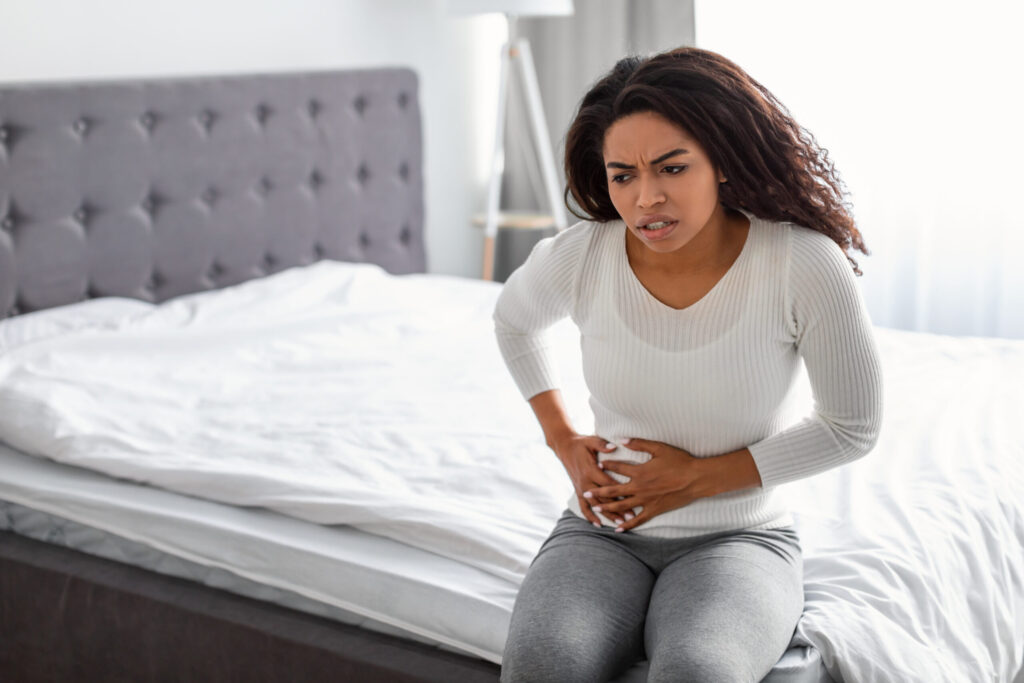PCOS (Polycystic Ovarian Syndrome) is a common hormonal disorder affecting many women of reproductive age. It can cause a wide range of symptoms, from irregular menstrual cycles to cysts on the ovaries. But how can you deal with the symptoms of PCOS? In this article, we’ll explore the various symptoms of PCOS and provide tips for managing them. Keep reading to find out more.
Hirsutism
Hirsutism is a condition characterized by excessive hair growth in women, often caused by hormonal imbalances such as those associated with polycystic ovary syndrome (PCOS). For many women, managing hirsutism can be a challenging and time-consuming process, involving frequent shaving, waxing, and other hair removal techniques. However, for those looking for a more permanent solution, San Antonio laser hair removal may be an effective option.
Laser hair removal is a non-invasive procedure that uses targeted laser energy to permanently reduce hair growth. Unlike other hair removal techniques, such as waxing or shaving, laser hair removal targets the hair follicles themselves, preventing future hair growth. This can be particularly effective for women dealing with hirsutism as a symptom of PCOS, as it can provide a long-term solution to excessive hair growth and help improve self-confidence and quality of life.
Irregular Periods

One of the most common symptoms of PCOS is irregular periods, which can be frustrating and difficult to manage. Fortunately, there are several strategies that can help women with PCOS manage their periods and improve their overall health.
One of the most effective ways to manage irregular periods caused by PCOS is to make lifestyle changes, such as eating a healthy diet, getting regular exercise, and maintaining a healthy weight. Hormonal birth control can also help regulate periods and reduce symptoms, while medications such as metformin can help regulate blood sugar levels and improve insulin resistance. In some cases, more advanced treatments such as fertility drugs or surgery may be necessary to help manage PCOS symptoms and improve overall health. Consulting with a healthcare provider is the best way to determine the most appropriate treatment plan for each individual case.
Ovarian Cysts
While ovarian cysts are often harmless and can resolve on their own, they can sometimes cause pain, discomfort, and other symptoms. Dealing with ovarian cysts as a symptom of PCOS involves managing the underlying hormonal imbalance and addressing any associated symptoms.
Treatment for ovarian cysts caused by PCOS may include hormonal birth control, which can regulate the menstrual cycle and reduce the risk of cyst formation. In some cases, surgery may be necessary to remove cysts that are causing pain or other complications. Lifestyle changes such as regular exercise, a healthy diet, and stress management can also help manage PCOS symptoms and reduce the risk of cyst formation.
Acne

PCOS can cause excess androgen production, leading to acne and other symptoms such as irregular periods and weight gain. To effectively manage acne as a symptom of PCOS, it’s important to address the underlying hormonal imbalances that are causing the issue. This can include lifestyle changes such as adopting a healthy diet and exercise routine, as well as medications such as birth control pills or anti-androgen drugs. Additionally, working with a dermatologist to develop a personalized skincare routine can help improve the appearance of acne and reduce the risk of scarring.
Overall, PCOS symptoms can be difficult to cope with and can vary from woman to woman. It is important to understand the underlying cause of PCOS and take steps to manage the condition, such as eating a balanced diet, exercising regularly, and taking medication as prescribed. Proper diagnosis and treatment can help women with PCOS lead healthy and fulfilling lives.














